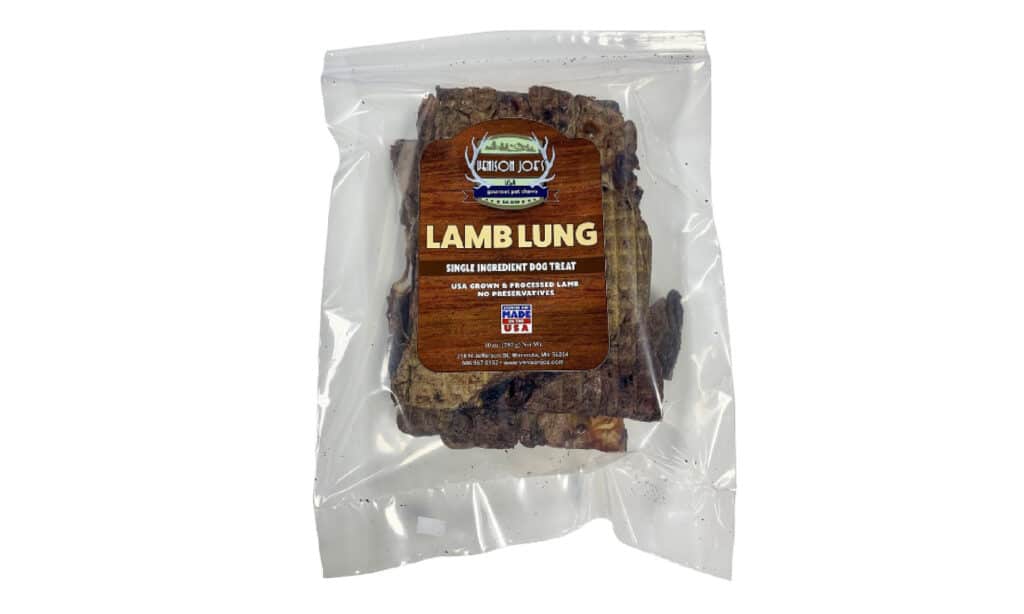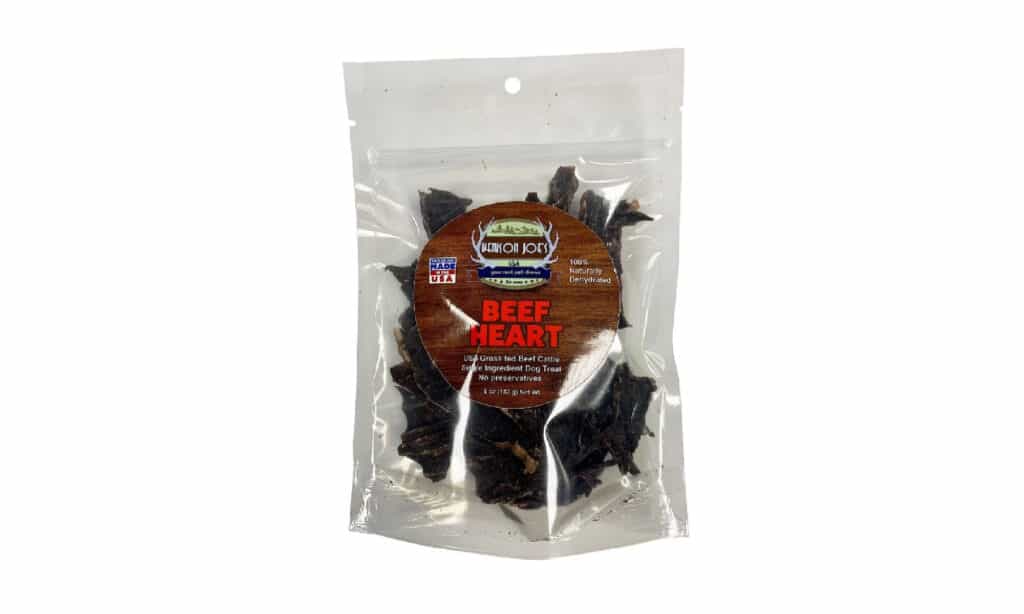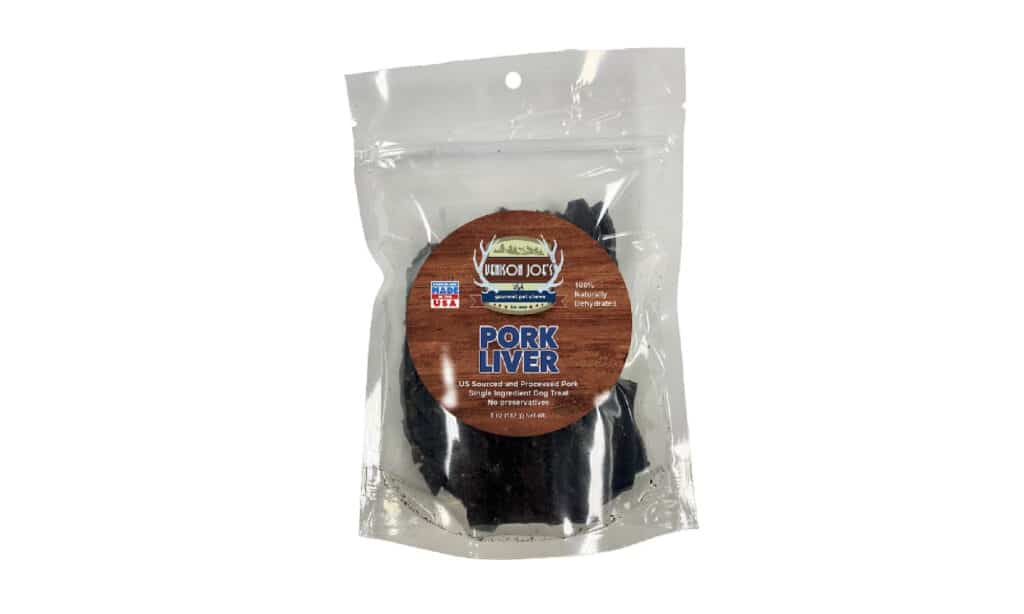Welcome, to “Can Dogs Eat Pastrami?” – a blog dedicated to answering one of the most common questions asked by dog owners around the world. As dog lovers, we want nothing but the best for our furry friends, including the food that we feed them. With so many different types of human foods out there, it can be difficult to know which ones are safe for our dogs to eat and which ones can cause them harm. In this blog, we’ll dive deep into the topic of whether or not dogs can safely eat pastrami, exploring the nutritional value of this popular deli meat, the potential risks involved in feeding it to your dog, and the best practices for introducing new foods to your pet’s diet. So if you’re a dog owner wondering if pastrami is a safe snack for your furry friend, you’ve come to the right place!

What Is Pastrami?
Pastrami is a type of cured meat that is often associated with the Jewish deli culture. It is typically made from beef, although other meats like pork and turkey can also be used. The process of making pastrami involves first brining the meat in a mixture of salt, sugar, and various spices like coriander, black pepper, and garlic. After the brining process is complete, the meat is then coated with a layer of additional spices before being smoked or steamed until it reaches a tender, flavorful texture. Pastrami has a distinctive smoky, spicy flavor and is often served sliced thin on sandwiches or as a topping on bagels. Consider if pastrami is safe for dogs before giving them a taste of this popular deli meat.
Can Dogs Eat Pastrami?
While many dogs enjoy eating human foods, it’s important to know which foods are safe for them to consume and which ones can cause harm. When it comes to pastrami, it’s best to err on the side of caution. While pastrami itself isn’t necessarily toxic to dogs, it can be high in sodium and fat, which can cause digestive issues and other health problems for dogs, especially if consumed in large quantities. In addition, the spices used to make pastrami, such as garlic and pepper, can be irritating to a dog’s digestive system and even toxic in large amounts. If you do decide to give your dog a taste of pastrami, it’s important to do so in moderation and to watch for any signs of digestive upset or allergic reactions.
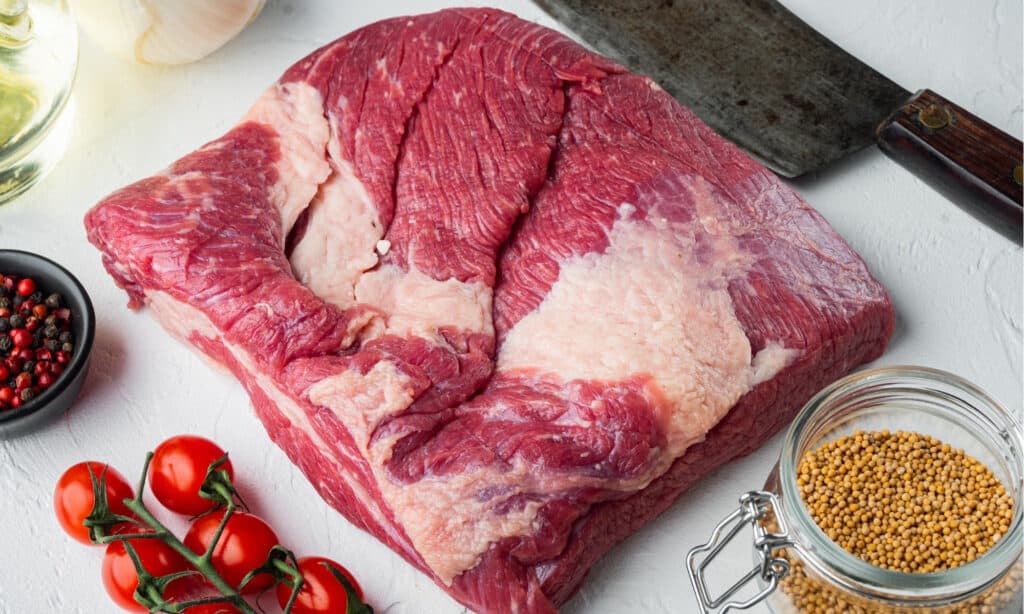
Are There Any Harmful Ingredients in Pastrami?
Pastrami is a type of deli meat that can contain harmful ingredients for dogs if consumed in large quantities. One of the main concerns with pastrami is its high sodium content, which can cause dehydration, electrolyte imbalances, and other health problems in dogs, especially those with pre-existing kidney or heart conditions. Garlic and pepper in pastrami can irritate dog’s digestive system causing vomiting, diarrhea or other digestive issues.
Some brands of pastrami may also contain additives like nitrates or nitrites, which are used to preserve the meat and enhance its color, but can be harmful to dogs if consumed in large amounts. It’s always best to read the ingredients label carefully and avoid giving your dog large amounts of any human food, including pastrami, to ensure their health and well-being.
Are There Any Safe Ingredients in Pastrami?
While pastrami can contain harmful ingredients for dogs if consumed in large quantities, there are some safe ingredients in pastrami that can provide nutritional benefits for dogs when given in moderation. For example, pastrami made from high-quality, lean beef can be a good source of protein, which is essential for building and maintaining strong muscles and tissues in dogs.
Some brands of pastrami may also contain other beneficial ingredients like natural herbs and spices, such as thyme and rosemary, which can have antioxidant and anti-inflammatory properties that can support a dog’s overall health and well-being. However, it’s important to remember that these ingredients should be given in small amounts as a treat, rather than as a regular part of your dog’s diet, to avoid potential health risks.
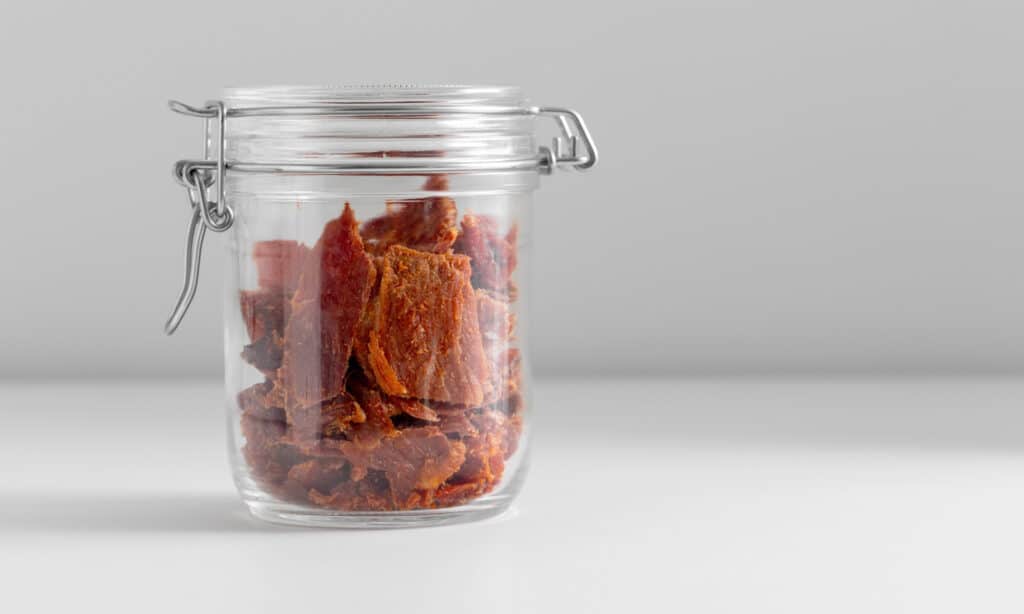
What Signs To Watch For If Your Dog Accidentally Ate A Lot of Pastrami?
If your dog has accidentally eaten a lot of pastrami, there are several signs to watch for that could indicate that they are experiencing digestive upset or other health problems. One of the most common signs is vomiting, which can occur if the spices or high-fat content of the pastrami have irritated your dog’s stomach. Additionally, diarrhea, loss of appetite, and lethargy can also be signs that your dog is experiencing digestive upset or dehydration.
If your dog has a pre-existing medical condition, such as kidney or heart disease, the high sodium content of pastrami could also exacerbate their condition and cause additional health problems. If you notice any of these signs, it’s important to monitor your dog closely and contact your veterinarian if the symptoms persist or worsen.Vet may recommend examination/treatment to alleviate symptoms & prevent complications if your dog consumes a lot of pastrami.
When or If You Should Go To The Vet?
If your dog eats a large amount of pastrami and shows signs of health issues, contact your vet. Pre-existing medical conditions may worsen due to high sodium content. It’s best to consult your vet, especially if you have any concerns about your dog’s health. They can provide guidance and appropriate treatment options to ensure your furry friend’s well-being. It’s better to be safe than sorry.

Safe Dog-Friendly Alternative to Pastrami:
If you’re looking for a safe and healthy alternative to pastrami for your furry friend, there are plenty of options to choose from that are both delicious and nutritious. Some safe dog-friendly alternatives to pastrami include:
- Chicken or turkey is a low-fat protein source that’s great for dogs.
- Carrots, apples, and green beans are high in fiber and vitamins, promoting your dog’s overall health.
- Plain, unsalted popcorn – this is a low-calorie snack that dogs can enjoy in moderation.
- Many brands offer natural, high-quality dog treats or chews with various flavors and textures.
Remember, when introducing new foods or treats to your dog’s diet, it’s important to do so in moderation and to monitor your dog closely for any signs of digestive upset or allergic reactions. Always consult with your veterinarian before making any significant changes to your dog’s diet to ensure that they are getting the proper nutrition they need to thrive. With a little creativity and some careful consideration, you can provide your furry friend with plenty of delicious and healthy snacks that they are sure to love.
Healthy Store-Bought Options:
It’s important to be careful when feeding pastrami to dogs due to its high sodium and fat content. Small amounts of lean pastrami may be safe, but consult with your vet first. Opt for safe and healthy alternatives to keep your furry friend happy and healthy. With proper care, you can provide your dog with delicious treats without compromising their well-being. Always be mindful of what you feed your furry friend to ensure they live a happy and healthy life by your side.
~ Lindsie

